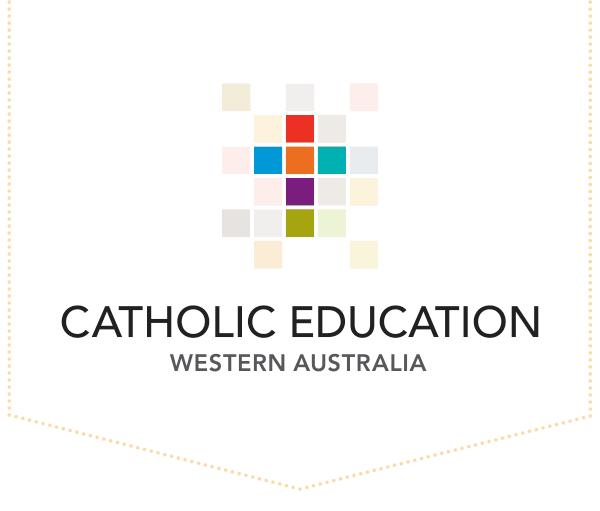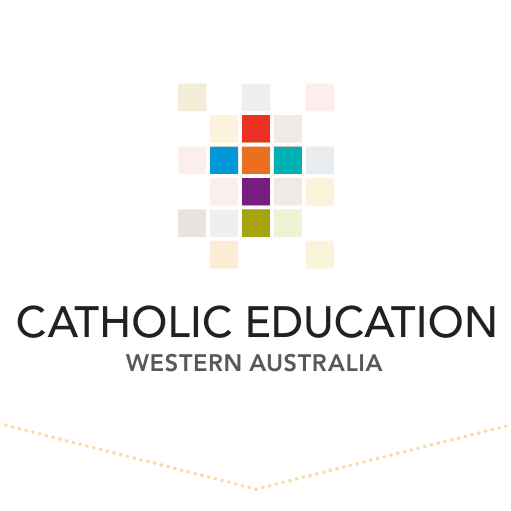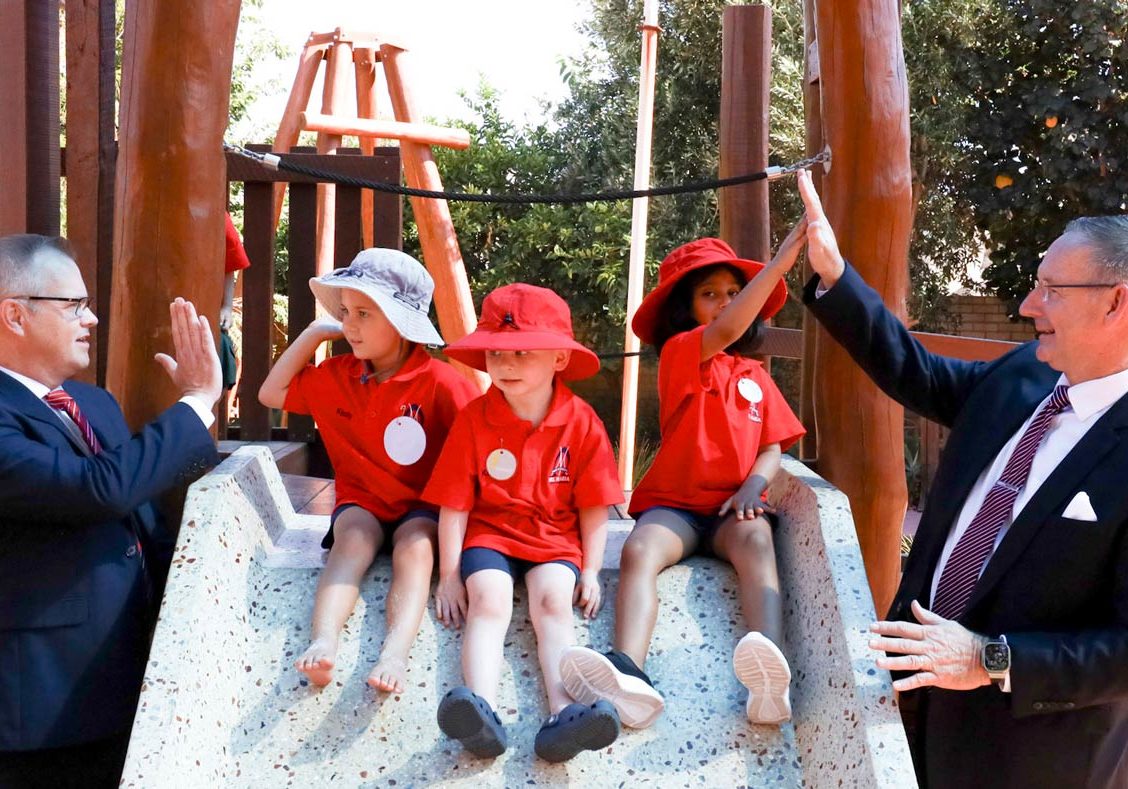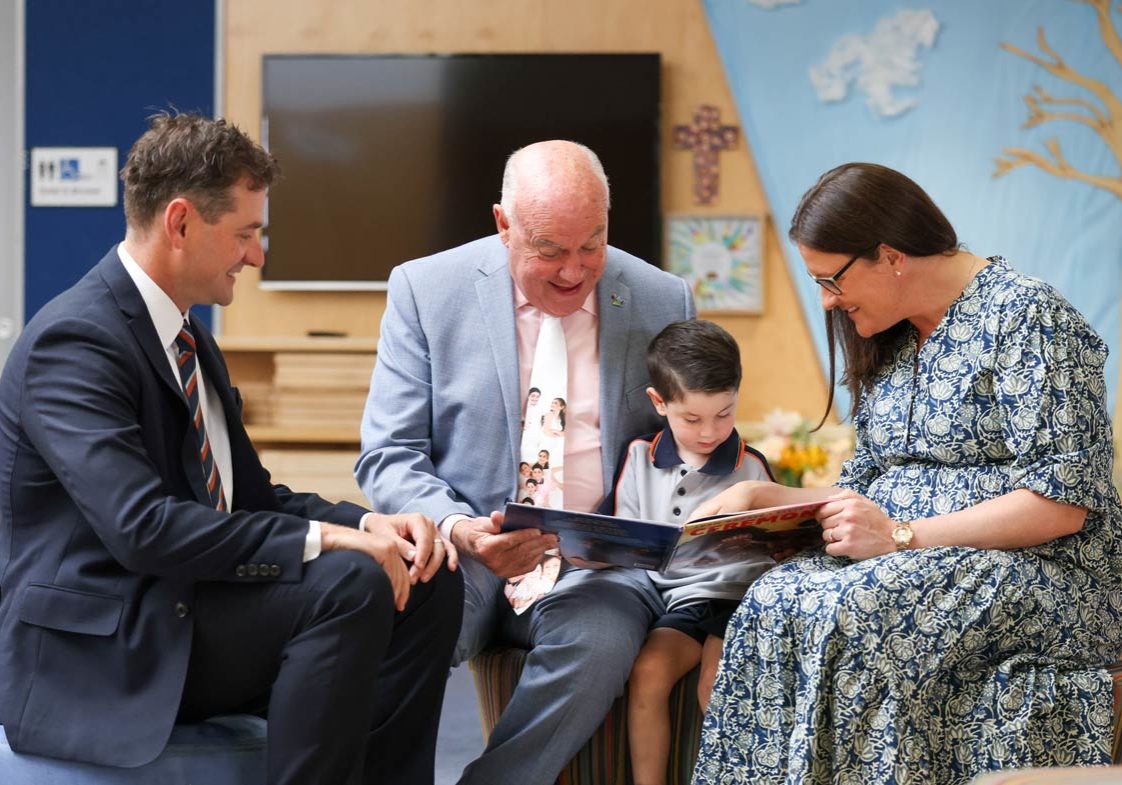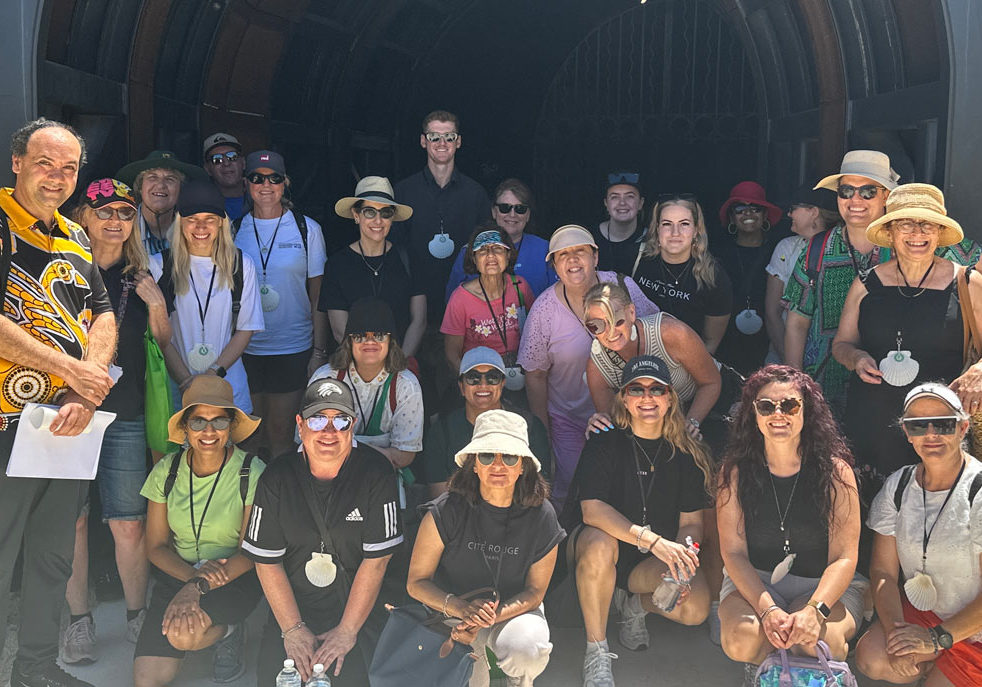Engage in your child’s education conversation
02 May 2019
In addition to effective teaching, wellbeing is becoming a significant priority for many parents when considering their child’s education.
As a growing concern for more and more families, according to Catholic School Parents WA, the peak body representing the parents of children in Catholic schools in Western Australia, it means access to genuine choice in education is more important than ever.
“It’s important because most parents know their children better than anyone else, and they are keen to exercise their choice in choosing the education which best suits their children’s needs,” CSPWA Executive Director Siobhan Allen said.
Ms Allen said Catholic schools provided a Christ-centred education focussed on the whole child – encompassing their academic, emotional, physical, cultural and spiritual development.
“In Catholic schools it’s always been that way,” Ms Allen said, adding that Catholic education parents were considered partners in their child’s learning.
“Research over the last 50 years shows that when parents engage effectively in their children’s learning, the outcomes are significant in a positive way both academically and socially’ she said.
Citing international education expert Dr Joyce Epstein, Ms Allen said parent involvement was recognised as a significant factor in improving the quality of a child’s education.
The Director of the National Network of Partnership Schools at Johns Hopkins University, Dr Epstein’s School-Family-Community Partnership Model redefined the relationship between schools, families, and communities as one of overlapping spheres of influence that share a concern about the holistic success of the child.
The model recognises six types of educational involvement: parenting; communicating; volunteering; learning at home; decision making; and collaborating with the community.
These encourage schools to develop activities that engage schools, families and communities within the six types.
Ms Allen said parents played a big role in their child’s education, before they even start school or early childhood care.
“Schools have pedagogical expertise while parents have the expertise regarding our children,” she said.
Parental engagement should extend beyond primary school right through their secondary years, according to Ms Allen.
“It’s a myth that teenagers don’t want their parents at school,” she said.
“They might not want to be kissed at drop off or have you holding their hand, but there are many ways parents can engage in their education that go beyond the P and F or the school board.”
Research tells us that more than 80 percent of children go to parents first for career advice.
“It should also be remembered that quality relationships across all areas of the school between parents, teachers, leaders and students, leads not just to the wellbeing of students, but to the wellbeing of teachers also,” Ms Allen said.
“CSPWA firmly believes that parent engagement in learning is underpinned by good relationships.
“We encourage schools, parent groups and others within our Catholic school communities to facilitate the establishment of respectful, collaborative relationships in all our school communities which will ultimately benefit those we are there to serve – our children.”
For further information on the CSPWA visit http://www.pff.wa.edu.au/ and for Dr Epstein’s research visit http://nnps.jhucsos.com/.
